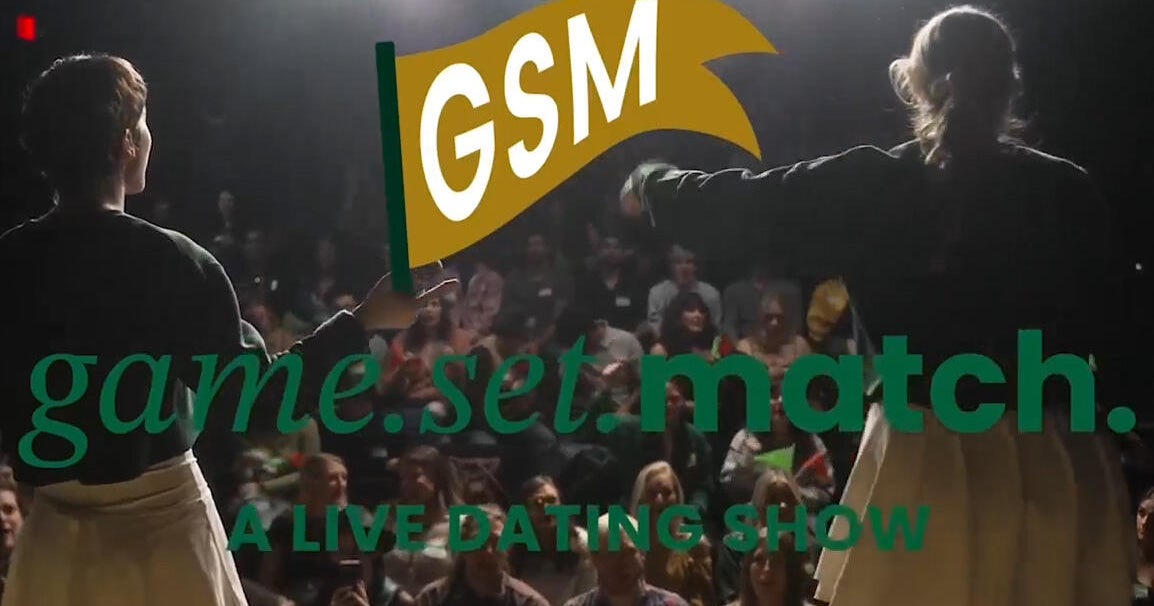Amazon's Alexa can now imitate human emotions
Amazon wants to make Alexa seem a little more human. Starting this week, the voice assistant will be able to add intonations to some statements, expressing feelings like disappointment or excitement.
Amazon announced the new features in a blog post aimed at developers building apps for Alexa. The company suggested using the tones for gaming or sports, saying that Alexa could sound "excited" when a user has won a trivia game, or "sad" when the user's favorite sports team had lost a match.
The company provided several examples of Alexa speaking with various degrees of disappointment or excitement.
Amazon has previously expanded Alexa's voice range, adding a newscaster-style voice in January as well as as English accents. This week, the company also added a "music" style, which imitates a radio DJ, to Alexa's repertoire. The company has said it would feature actor Samuel L. Jackson's voice in Alexa later this year.
But this is the first time Amazon is adding a layer of feelings to the voice assistant. Tests of the new speaking style showed that people liked it better than Alexa's standard monotone, according to Bloomberg. The change makes it more interesting for people to interact with Alexa and hastens the speed with which it's adopted, said Victoria Petrock, principal analyst for eMarketer.
"As these things become more integrated into people's daily lives, if you have an Alexa in your kitchen and you're asking here more and more things, you don't necessarily just want to talk to a computer voice," she said.
A survey by industry publication Voicebot found that users overwhelmingly prefer human voices to synthetic-sounding voices. The publication also found that people were twice as likely to correctly remember information when it is delivered in a human voice rather then a robotic voice.
The research suggests that making voice assistants sound more human is crucial if Amazon, as well as competitors Google and Apple, want to become more integrated into people's homes.
Just under a quarter of the U.S. population uses a smart speaker such as Amazon Echo, Google Home or Apple Homepod, according to eMarketer. That figure jumps to one-third when including voice assistants that come standard with smartphones, such as Apple's Siri or Google Assistant.
"Voice assistants have moved out of the early-adopter phase and into the mainstream," eMarketer noted in its report.
Making the voice sound more "natural" is a critical step to the next phase of computing envisioned by tech companies: Moving computers out of specific devices and into the environment. Google, touting this development at a conference last month, called it "ambient computing."
"Right now, we're all walking around focused on our mobile devices, which is a very personal device. But as we get more and more of these devices all around us, we'll just be able to walk through somewhere and talk to the environment," said eMarketer's Petrock.
"I think to get people to buy into that concept a little more, they're making the voices more human-like," she added. "People also need to feel like they're talking to a person rather than talking to a machine."



